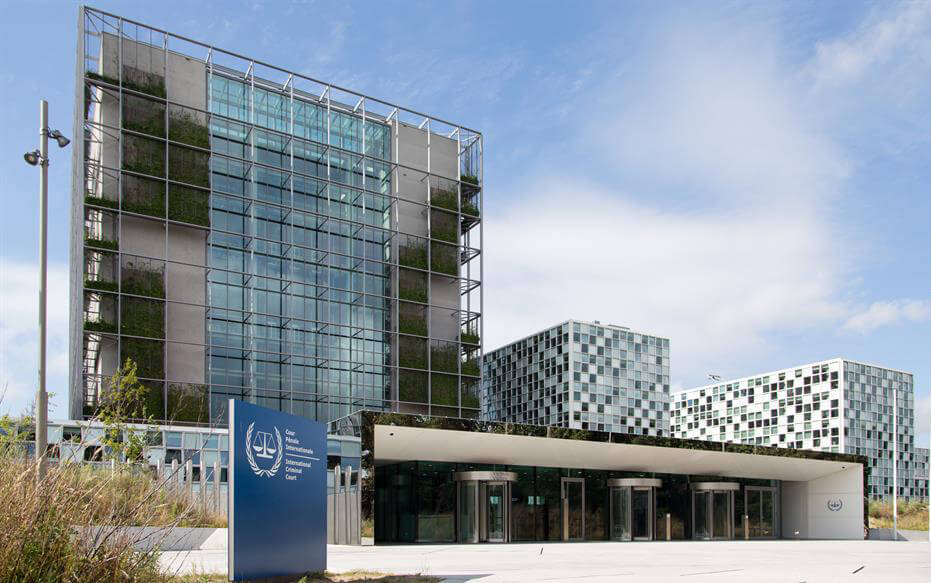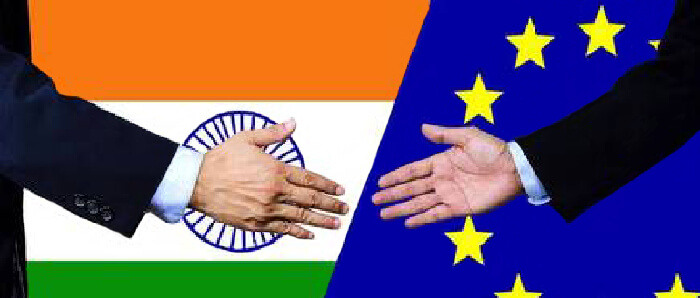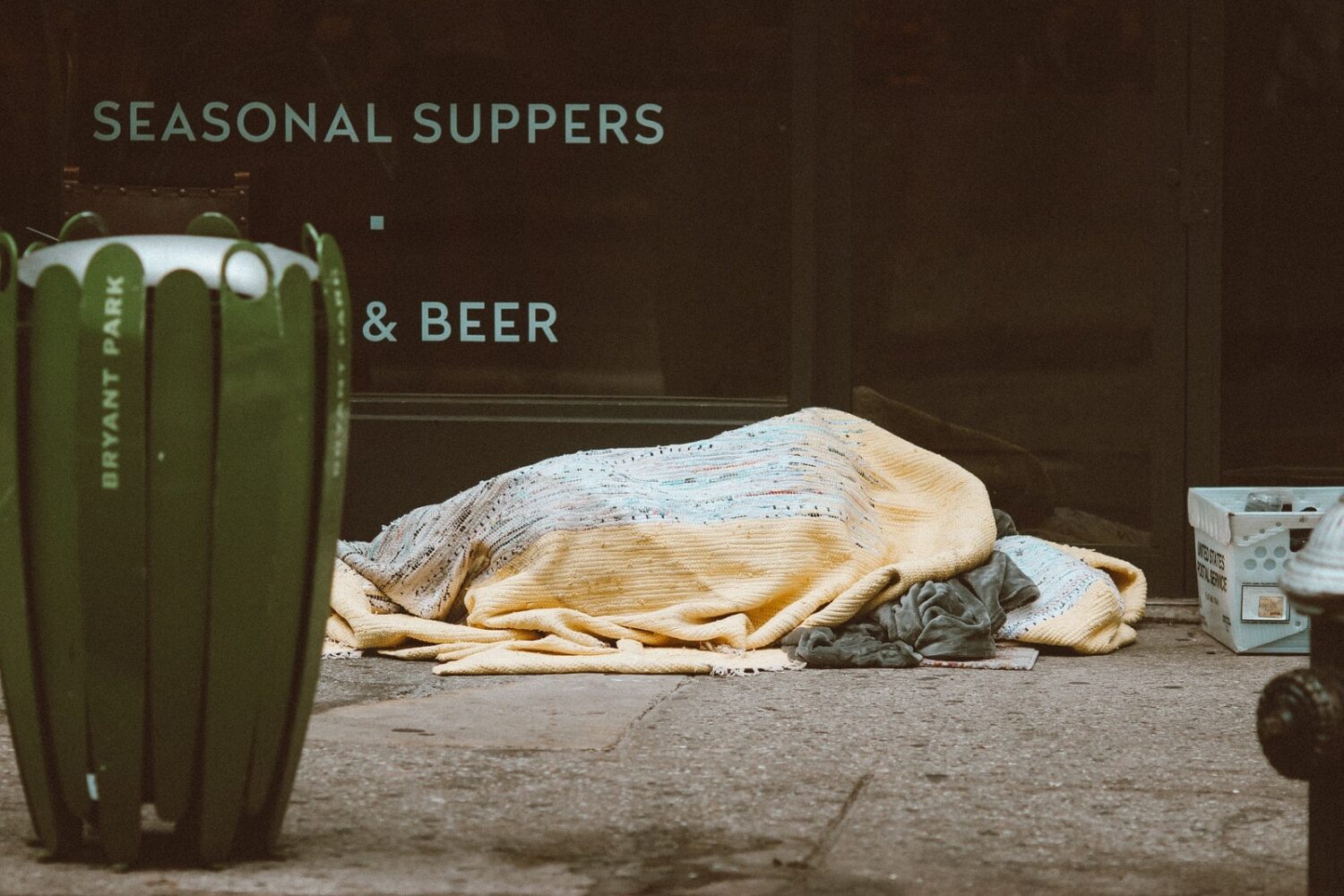Pope Francis has reached out to the world, offering encouragement to many suffering from the global COVID-19 pandemic, saying “we are in the same boat” and that everybody is vital as he assessed the state of humanity.
The Pope warned on Feb. 8, “It would be disastrous to put our trust in the vaccine alone as if it were a panacea attempt exempting every individual from constant concern for his or her own health and for that of others.
“The pandemic has once more shown us that in the celebrated expression of the English poet John Donne, ‘no man is an island’ and any man’s death diminishes me because I am involved in mankind.”
Francis addressed members of the diplomatic corps accredited to the Holy See for the annual exchange of New Year greetings when he reviewed multiple crises affecting parts of the world, including those caused by the pandemic.
“The pandemic forced us to confront two unavoidable dimensions of human existence — sickness and death,” said the Pope.
“In doing so, it reminded us of the value of life of every human life and its dignity, and every moment of its earthly pilgrimage from conception in the womb.”
ALL IN THE SAME BOAT
“We have become aware that we are in the same boat,” said the pontiff speaking at the meeting, apologizing for its postponement from Jan. 25 due to a bout of sciatica that afflicted him.
The image of all sharing the boat was not new. Still, the Pope’s comments on the pandemic that has “killed more than 2 million people, caused a global recession, and interrupted many of the basic forms of human joy and gathering” were detailed, The Washington Post reported.
“We are all fragile and disoriented, but at the same time, we are all important and needed. We are all called to row together,” said Francis.
“Yes, we are all in the same boat of humanity, even though we have often forgotten it. centrality to be here with you today.”
The Pope stressed that the fraternity is the real cure for the crisis facing them.
The most serious of them, he said, is “the crisis of human relationships, as the expression of a general anthropological crisis, dealing with the very conception of the human person and his or her transcendent dignity.”
“I am convinced that fraternity is the true cure for the pandemic and the many evils that have affected us. Along with vaccines, fraternity and hope are, as it were, the medicine we need in today’s world,” the Pope said.
‘CULTURE OF WASTE’
He added, “The pandemic shed light on the risks and consequences inherent in a way of life dominated by selfishness and a culture of waste, and it set before us a choice: either to continue on the road we have followed until now, or to set out on a new path.”
The Pope said that the pandemic also reminded people of each human being’s right to “dignified care.”
He encouraged all States to contribute actively to the international efforts made to ensure an equitable distribution of the vaccines “based not on purely economic criteria, but on the needs of everyone, especially the people most in need to improve.”
“Even so, before so devious and unpredictable and enemy as COVID-19 access to vaccines must be accompanied by responsible personal behavior aimed at halting the spread of the virus employing the necessary measures of prevention to which we have become accustomed in these months,” said Francis.
He said that the pandemic “shed light on the risks and consequences inherent in a way of life dominated by selfishness and a culture of waste did set before us a choice either to continue on the road we have followed until now or to set out on a new path.”
He spoke of domestic violence under virus lockdowns and alluded to job losses, predominantly to workers in the informal sector, with no safety net.
He described a generation of children, alone and in front of their computers, enduring the “educational catastrophe” of school shutdowns or distance learning.
“Driven by desperation, many have sought other forms of income and task and risk being exploited through illegal or forced labor, prostitution and various criminal activities including human trafficking,” said Francis.














